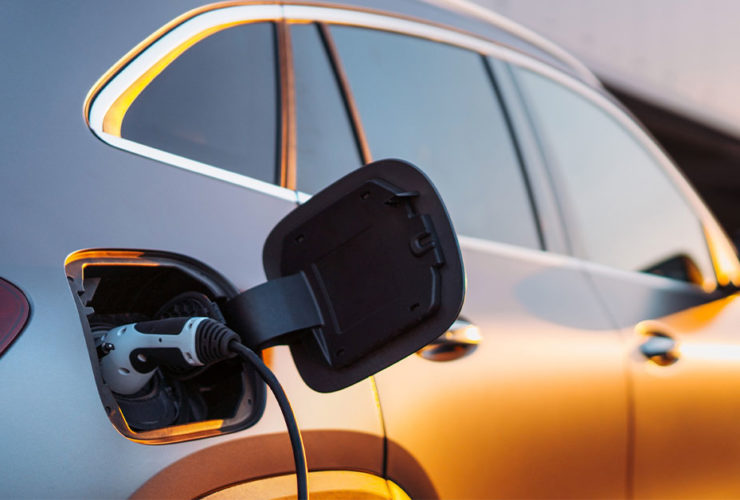If you’ve heard the term salary sacrifice car leasing and wondered what it means, you’re not alone. With the rise of electric vehicles (EVs) and the push for greener, more cost-effective ways to drive, this scheme has gained popularity, especially among UK employees and employers looking for smarter benefits. In this guide, we’ll break down how salary sacrifice car schemes work, who they’re for, and why they’re becoming a go-to choice for EV drivers.
What Is a Salary Sacrifice Car Scheme?
A salary sacrifice car scheme allows employees to lease a car, often a fully electric vehicle, using a portion of their gross (pre-tax) salary. This means you give up a small part of your monthly pay in exchange for a brand-new lease car, typically with motor insurance, maintenance, and breakdown cover included.
The key benefit? Because the sacrifice is taken before tax and National Insurance, your overall tax bill is reduced, making it a cost-effective way to drive and EV.
How Salary Sacrifice Car Leasing Works
Here’s a simple breakdown of how it works:
- Choose your car – Typically from a pre-approved range of low-emission or electric vehicles.
- Agree to the lease – The lease agreement is usually 2 to 4 years.
- Salary adjustment – Your employer reduces your gross salary by the monthly lease cost.
- Drive your EV – You enjoy your new car without worrying about extra running costs.
Because payments are made from your gross salary, you pay less income tax and National Insurance. This can lead to significant savings, especially for electric vehicles, which attract very low Benefit-in-Kind (BiK) tax rates.
Why Is This Popular With EVs?
Electric vehicles are particularly well-suited to salary sacrifice schemes thanks to:
- Low BiK tax rates – Full EVs attract just 3% BiK.
- Government incentives – Salary sacrifice is one of the most tax-efficient ways to access EVs.
- Lower running costs – EVs cost less to maintain and fuel than petrol or diesel cars.
In short, you can drive a new electric car for less than the cost of a petrol equivalent — and often with no upfront payment.
What’s Included in a Salary Sacrifice Lease?
Most salary sacrifice leases include:
- Fully electric or plug-in hybrid vehicle
- Fixed Fee Motor Insurance
- MOT and servicing
- Roadside assistance
- Road tax
- Maintenance and tyre replacement
This makes budgeting easy, one fixed monthly amount covers almost everything except electricity to charge the car.
Pros and Cons of Salary Sacrifice Car Leasing
Pros:
- Large tax savings (especially for all-electric EVs)
- All-in-one monthly cost (no hidden extras)
- No personal credit checks in many schemes
- Greener, lower-emission vehicles
- No upfront deposit needed
Cons:
- Reduces your take-home pay
- You’re tied into a lease for the term, typically 24,36 or 48 months
- Limited car choices, no petrol or diesel vehicles available
Is a Salary Sacrifice Car Scheme Right for You?
This scheme is ideal if:
- You’re a UK employee with a regular income
- Your employer offers a car salary sacrifice benefit
- You want to drive an electric or hybrid car without upfront costs
- You’re looking for predictable monthly expenses
However, it’s important to review your finances and check how the reduction in gross salary might impact things like mortgage applications or statutory benefits.
The True Cost of Driving an EV
While EVs may seem pricey up front, the true cost, when you include tax savings, lower running costs, and bundled maintenance, it is often lower than owning a traditional petrol or diesel car lease. Through salary sacrifice, driving electric becomes not only eco-friendly but also economically smart.
Final Thoughts
Salary sacrifice car leasing is a win-win for employees and employers alike. It’s tax-efficient, hassle-free, and makes switching to electric vehicles more accessible than ever. Whether you’re exploring sustainable travel or just looking for a great deal on a new car, this scheme is worth considering.
Want to find out if your company offers salary sacrifice car leasing? Talk to your HR or benefits team, or introduce GKL, and we can discuss all the benefits with your employer.



